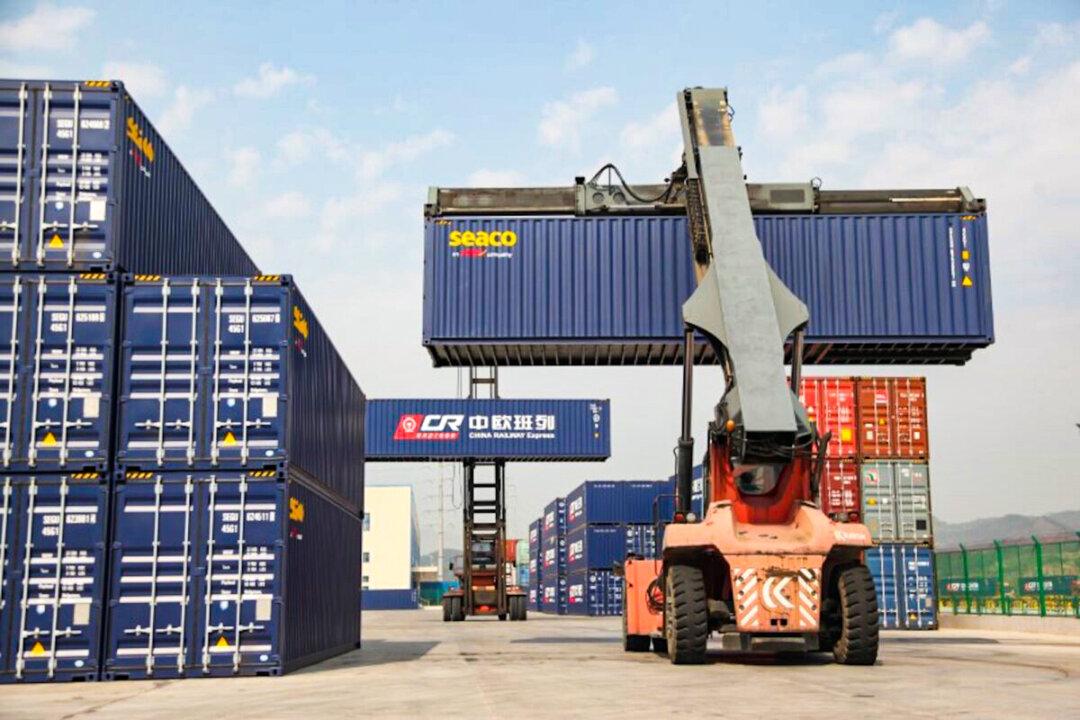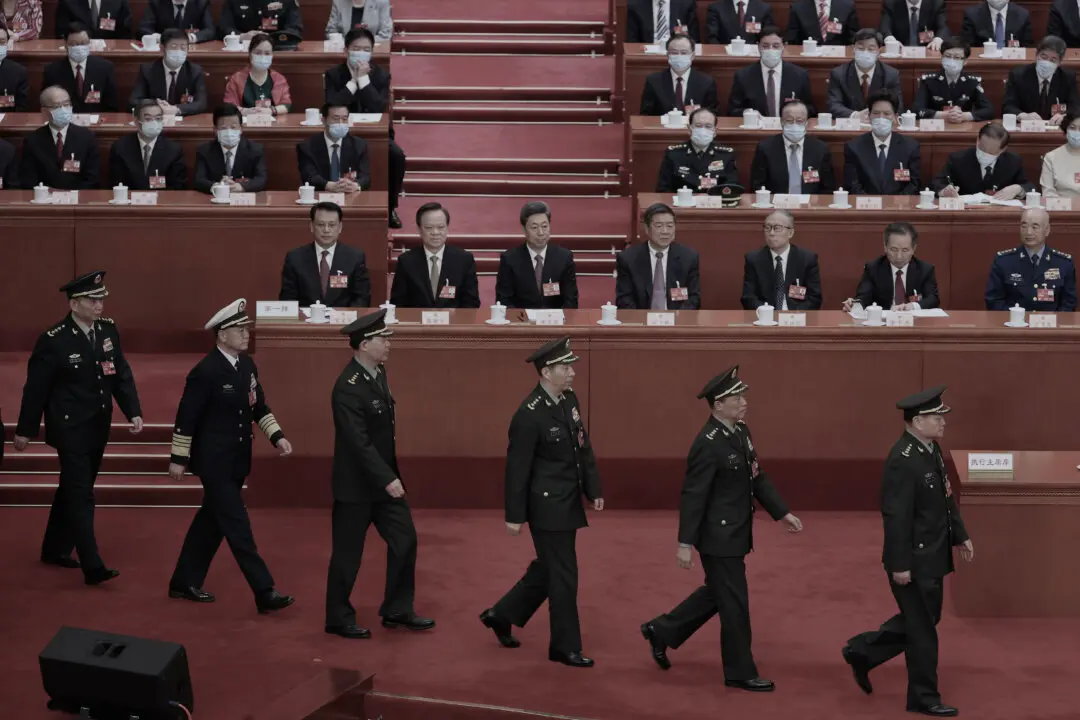The Chinese communist regime has locked down the world’s largest wholesale market—Yiwu city in China’s Zhejiang Province—since April 27 because of a COVID-19 outbreak. Experts believe the regime’s implementation of the extreme “zero-COVID” policy in the “world’s small commodity capital” is the latest blow to the global supply chain.
After three local COVID-19 cases were found, authorities ordered all residents not to leave their residential complexes or villages, according to a statement posted on Yiwu’s city government’s official social media WeChat account. They closed schools and prevented people from entering public places, government agencies, enterprises, and institutions across the city without a negative nucleic acid certificate within the past 24 hours.




